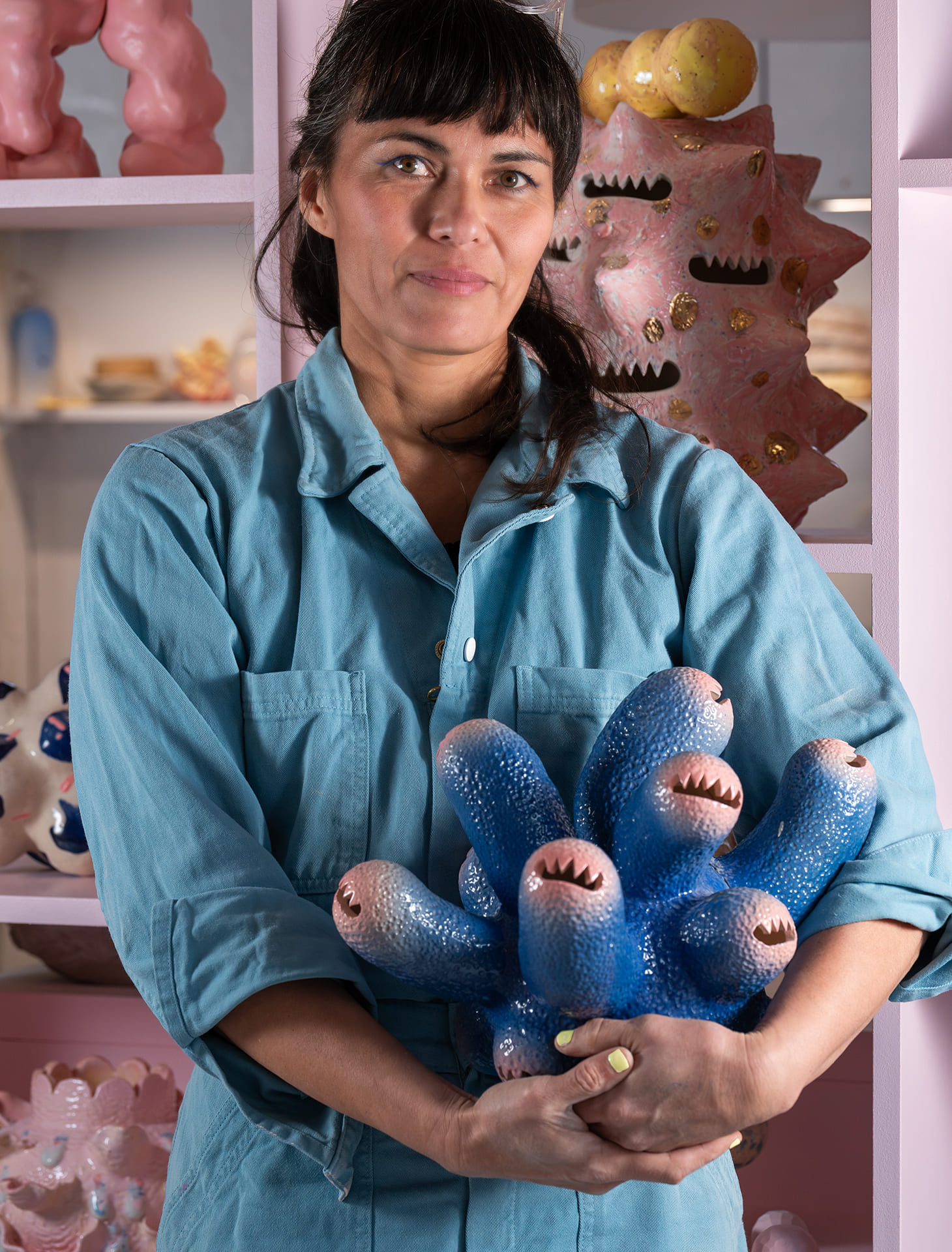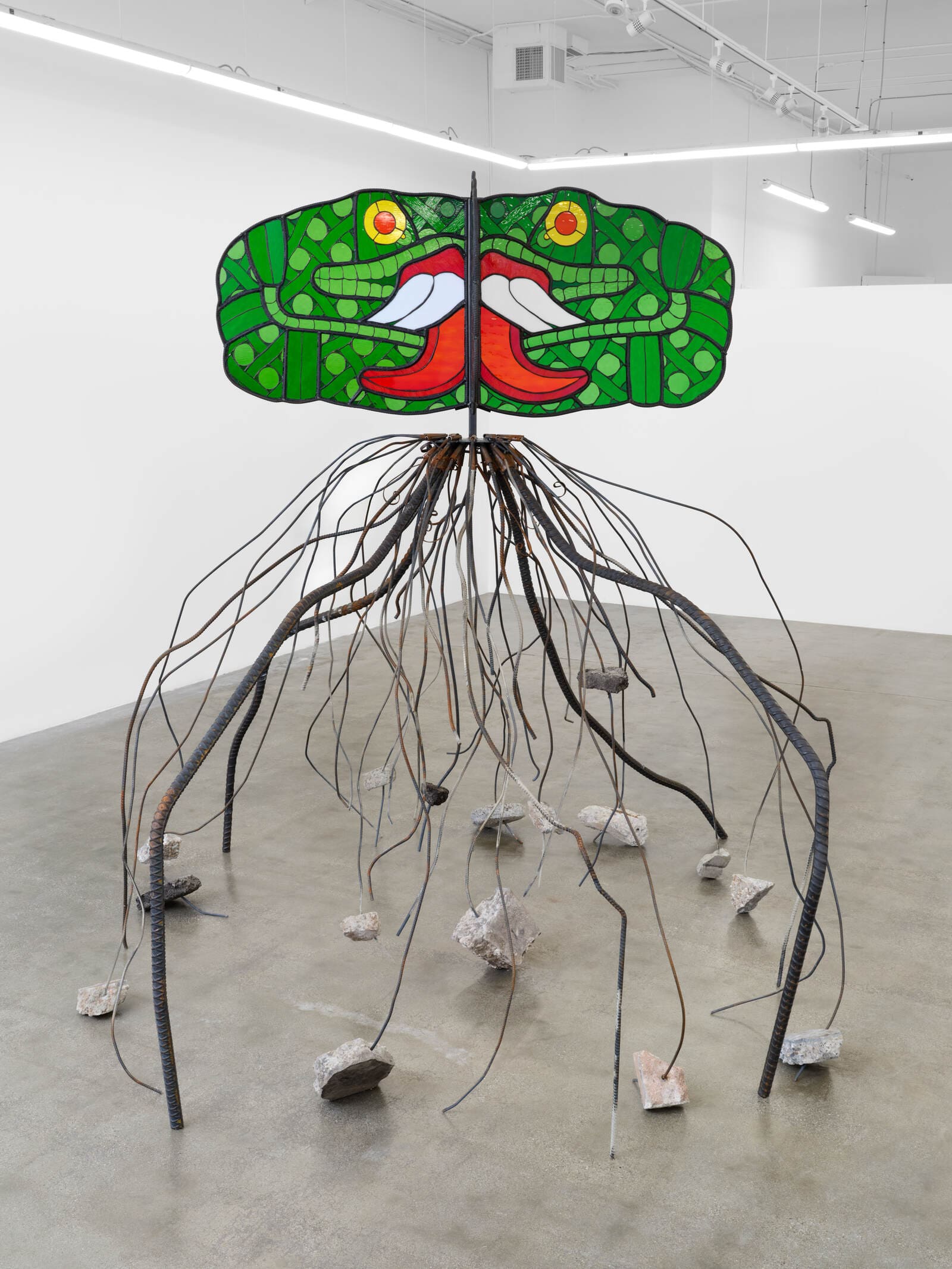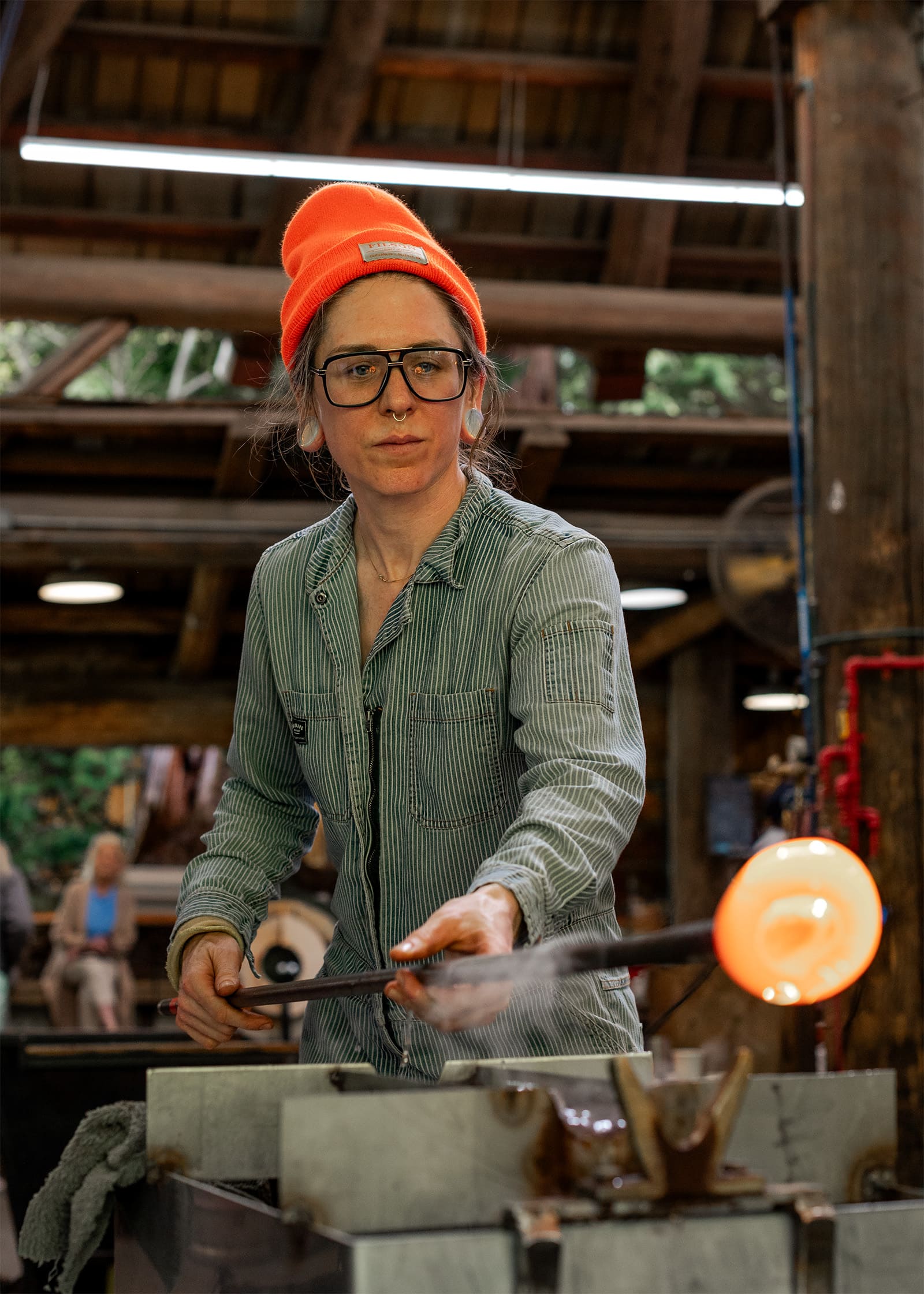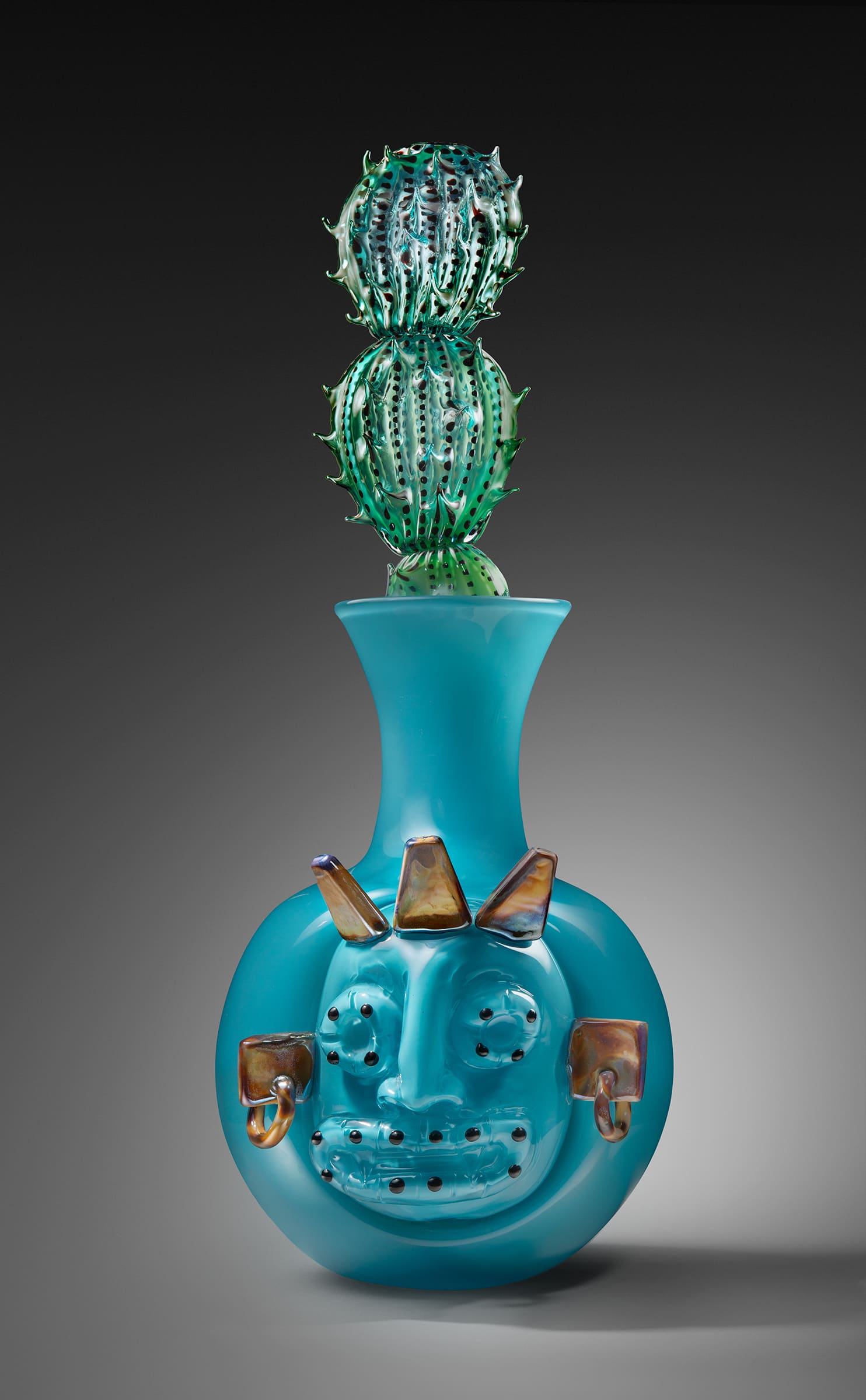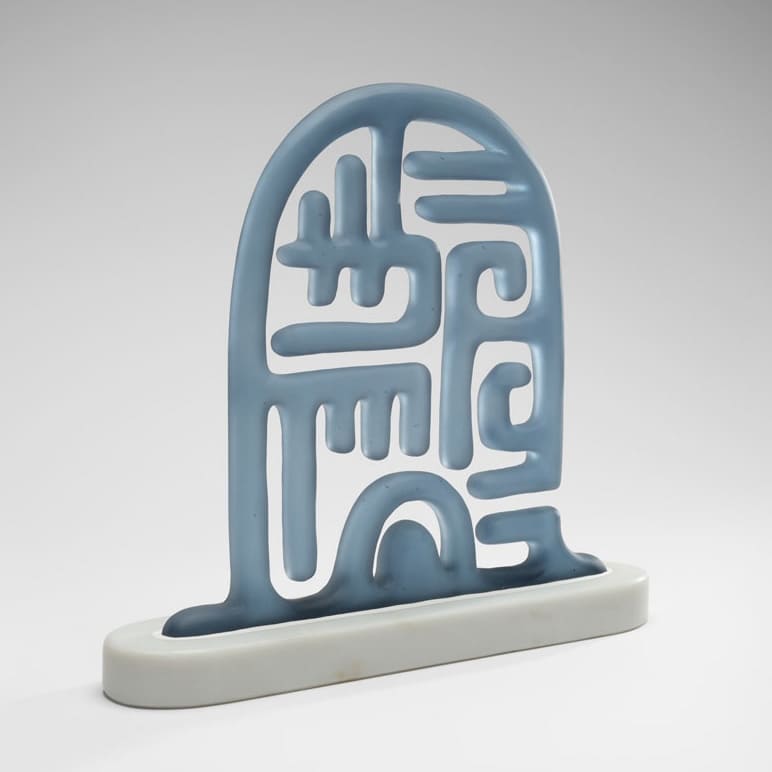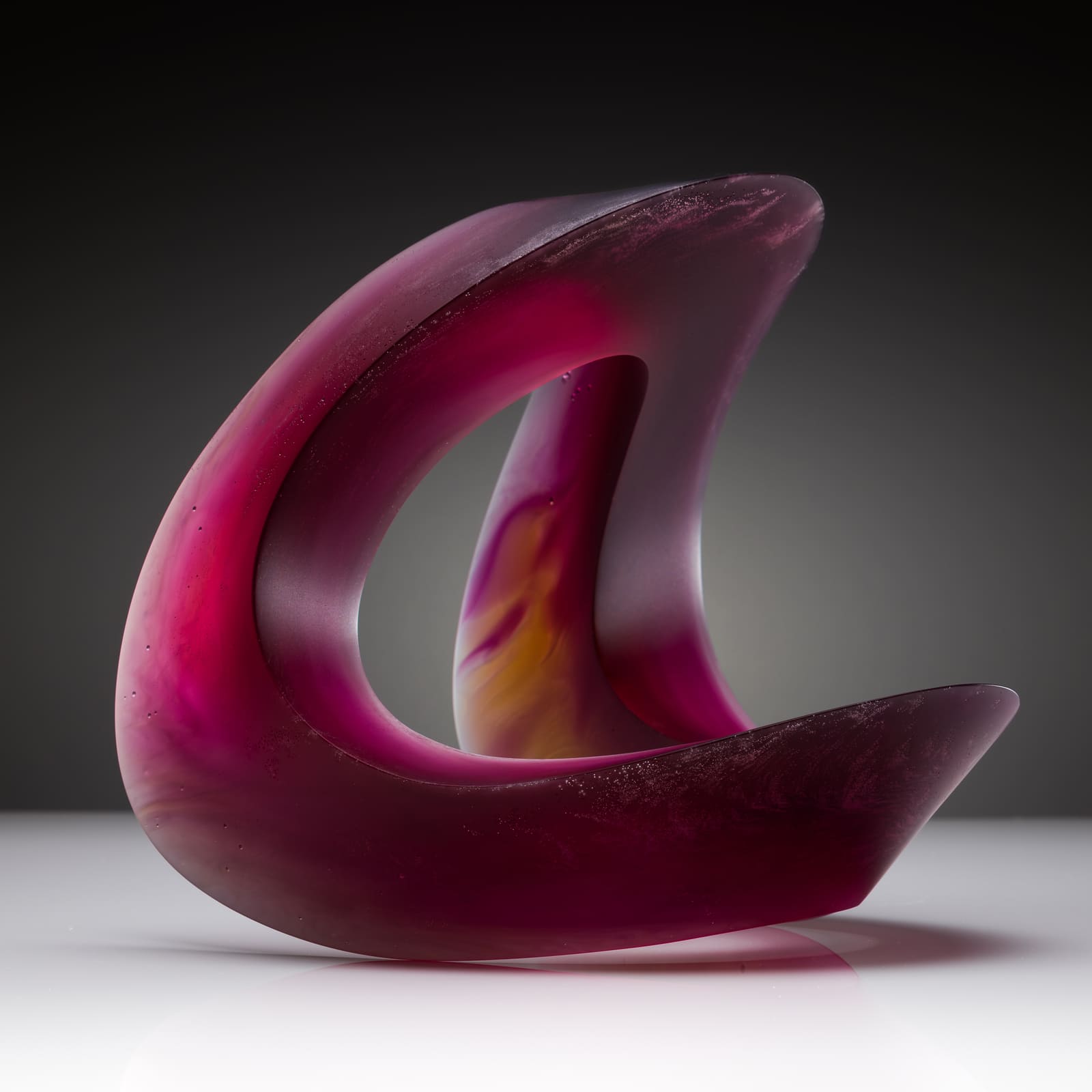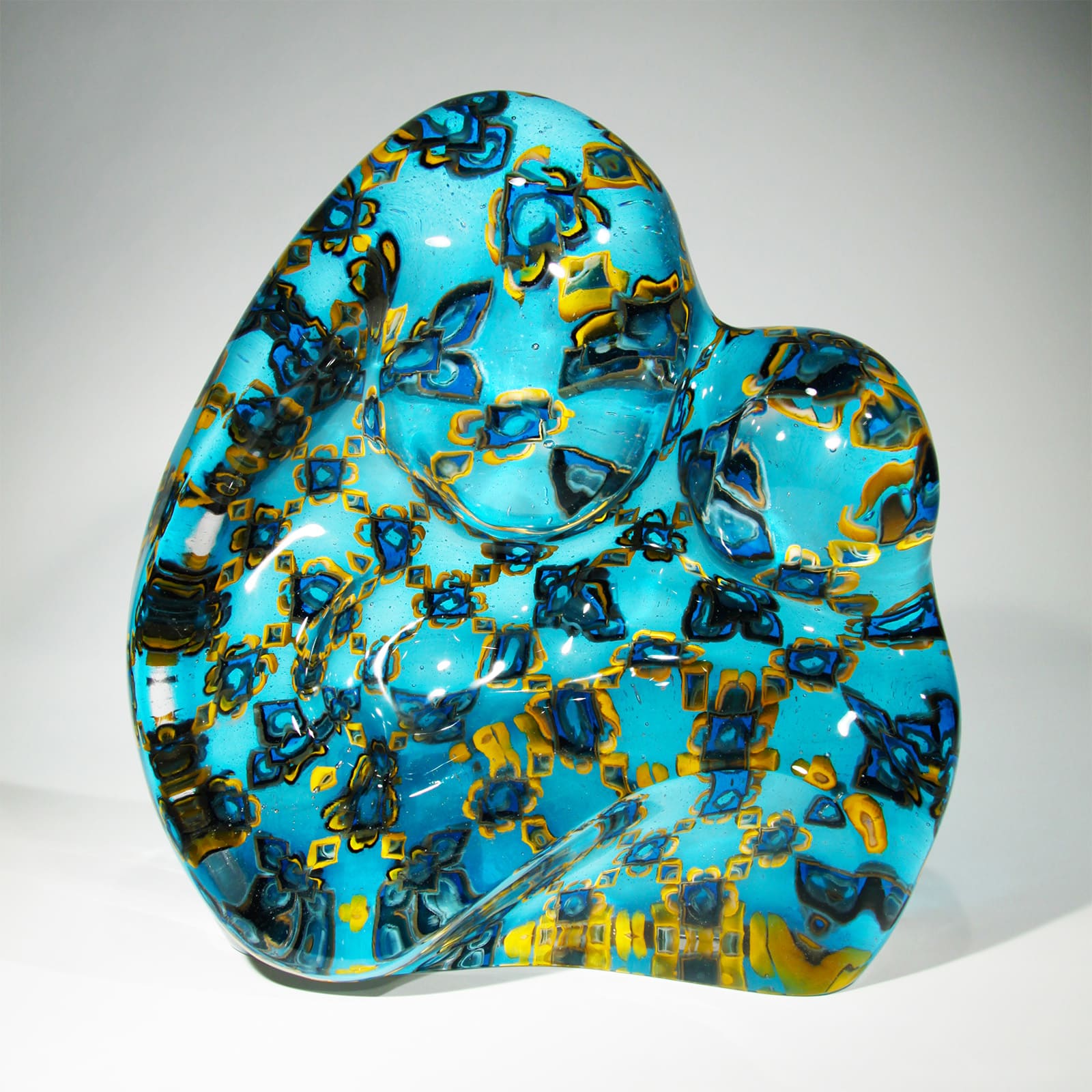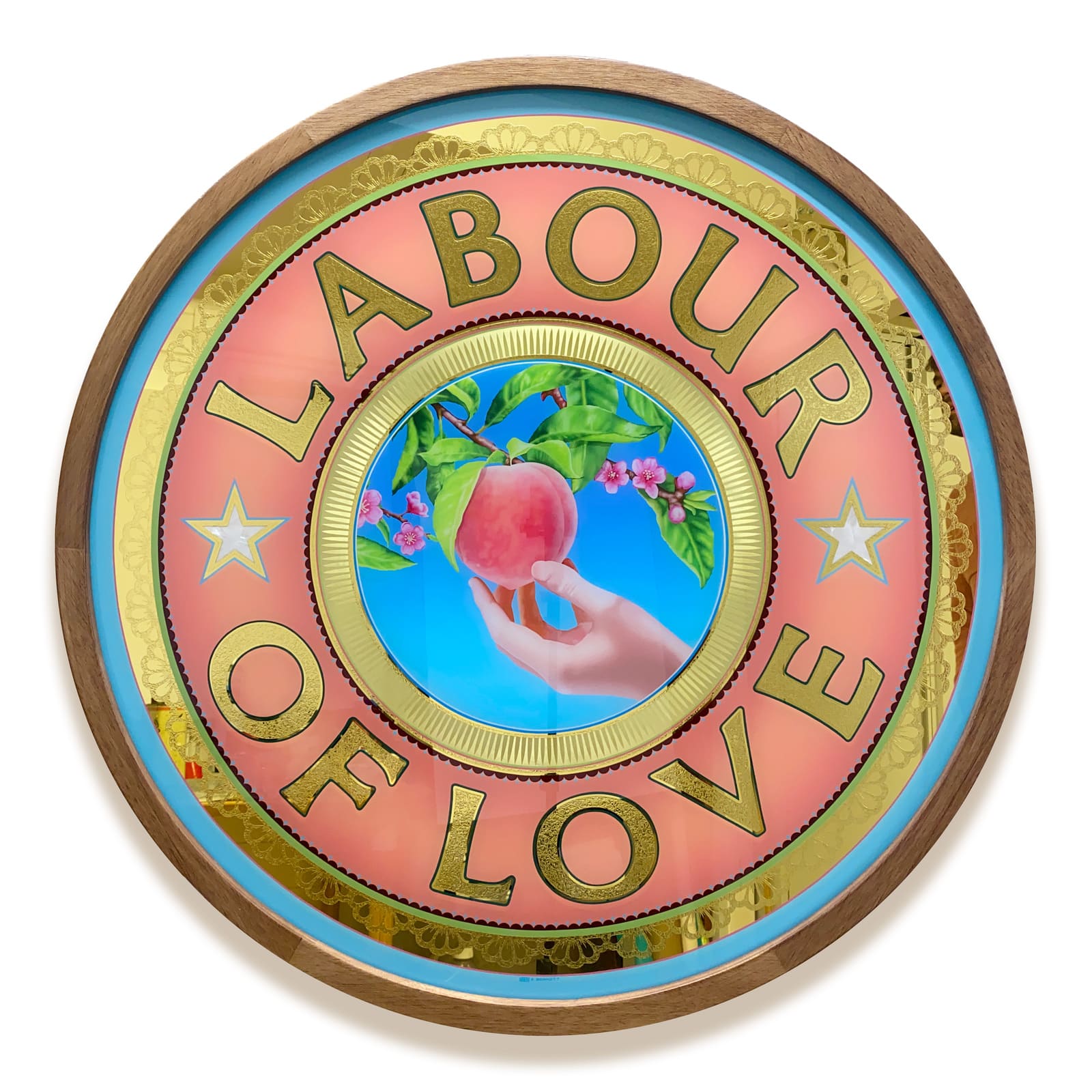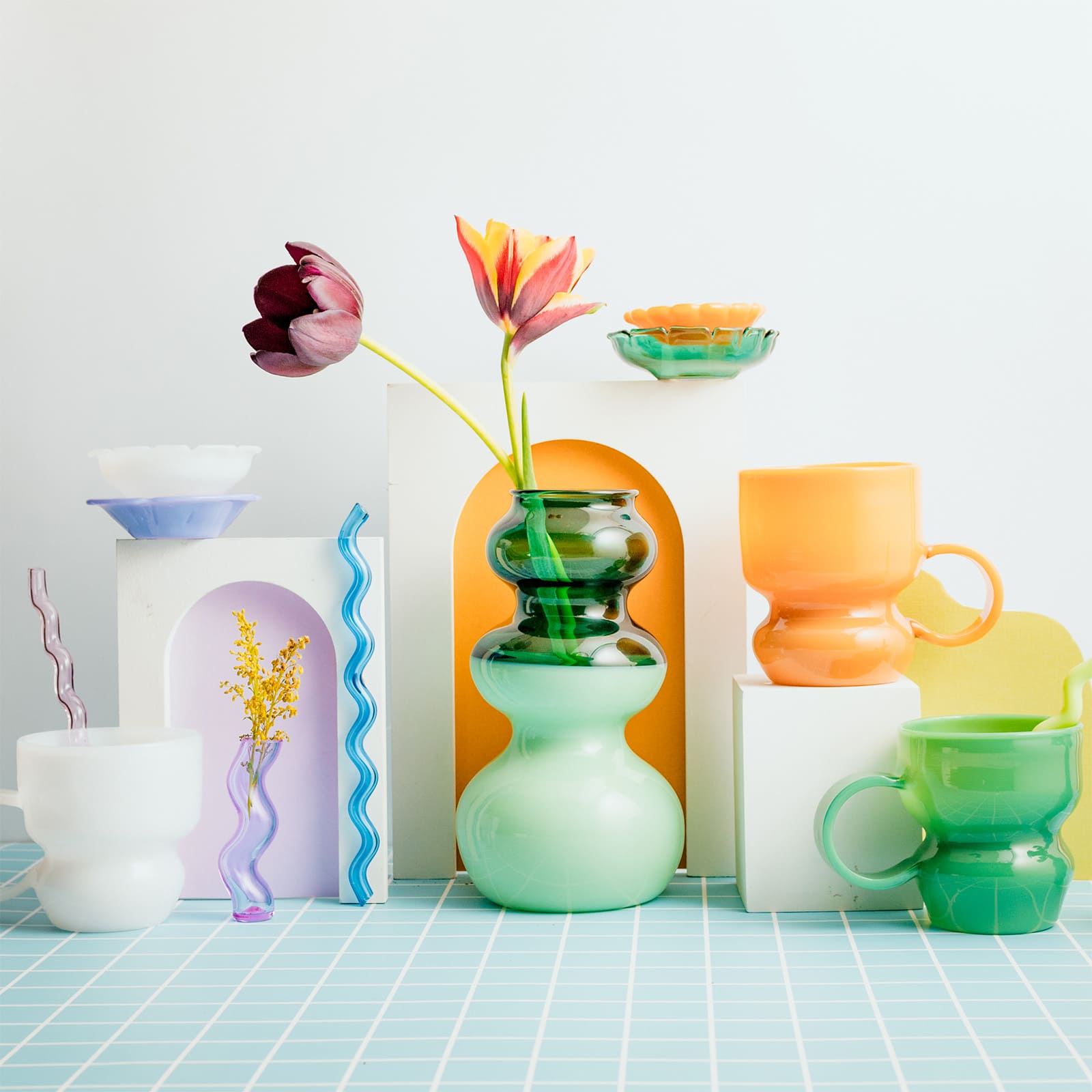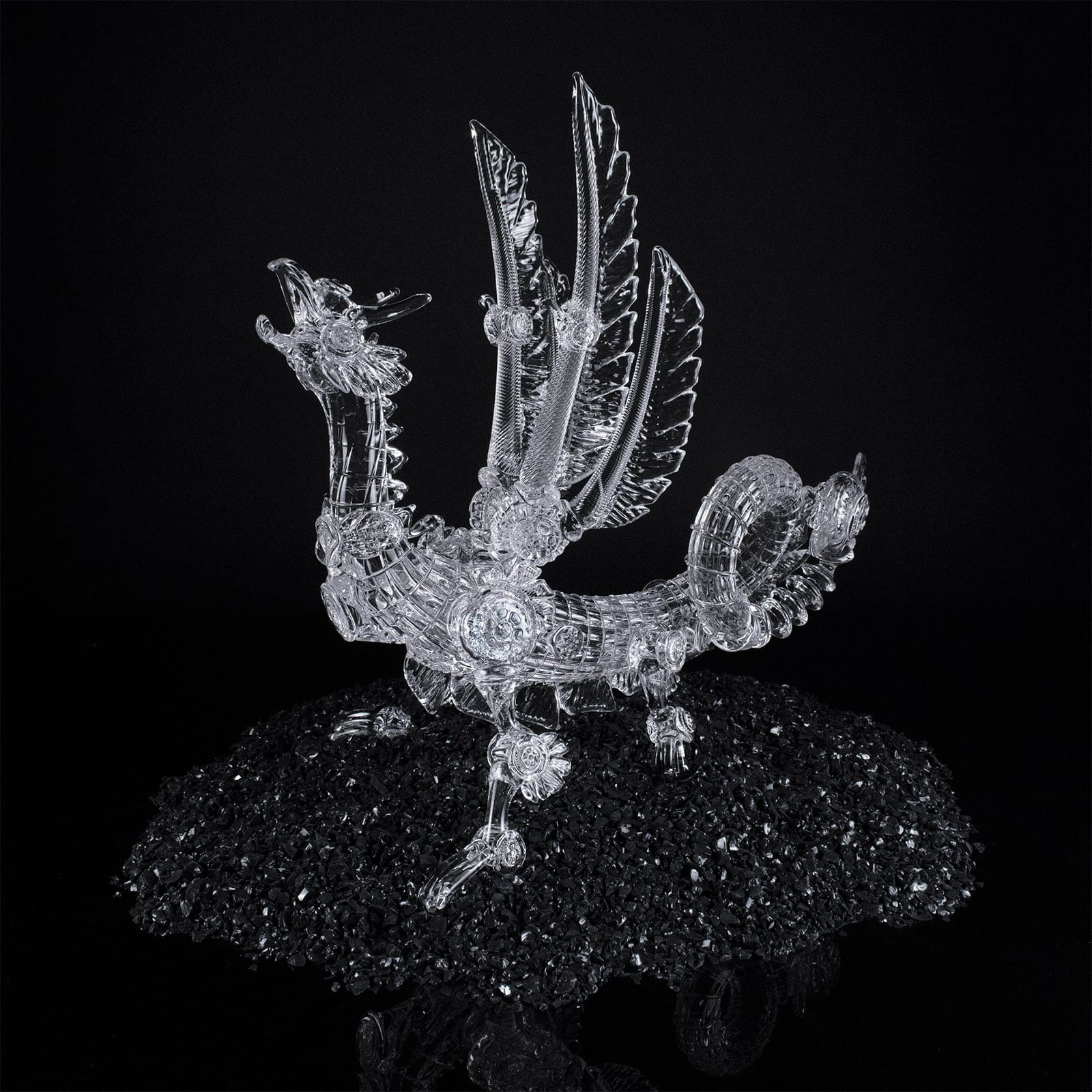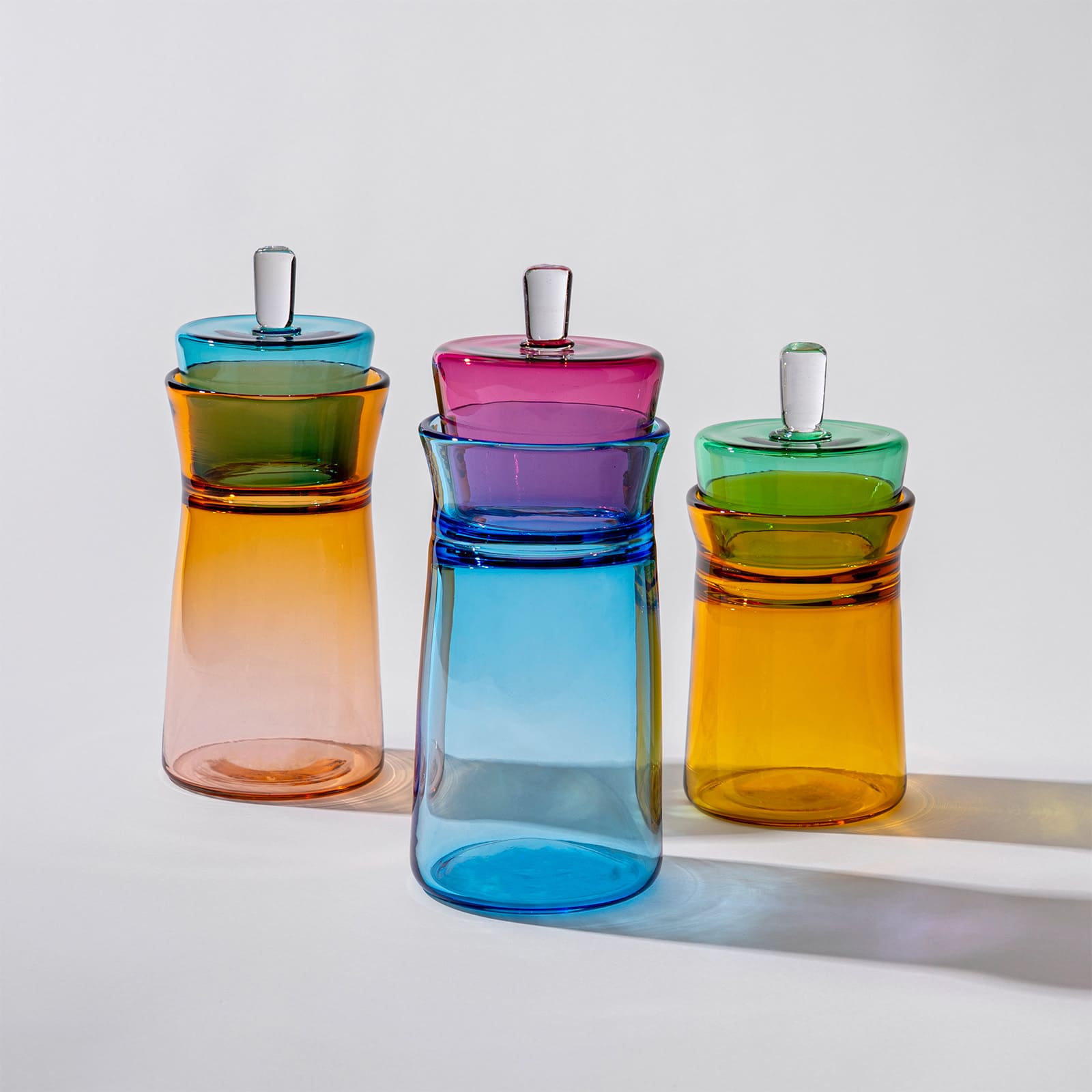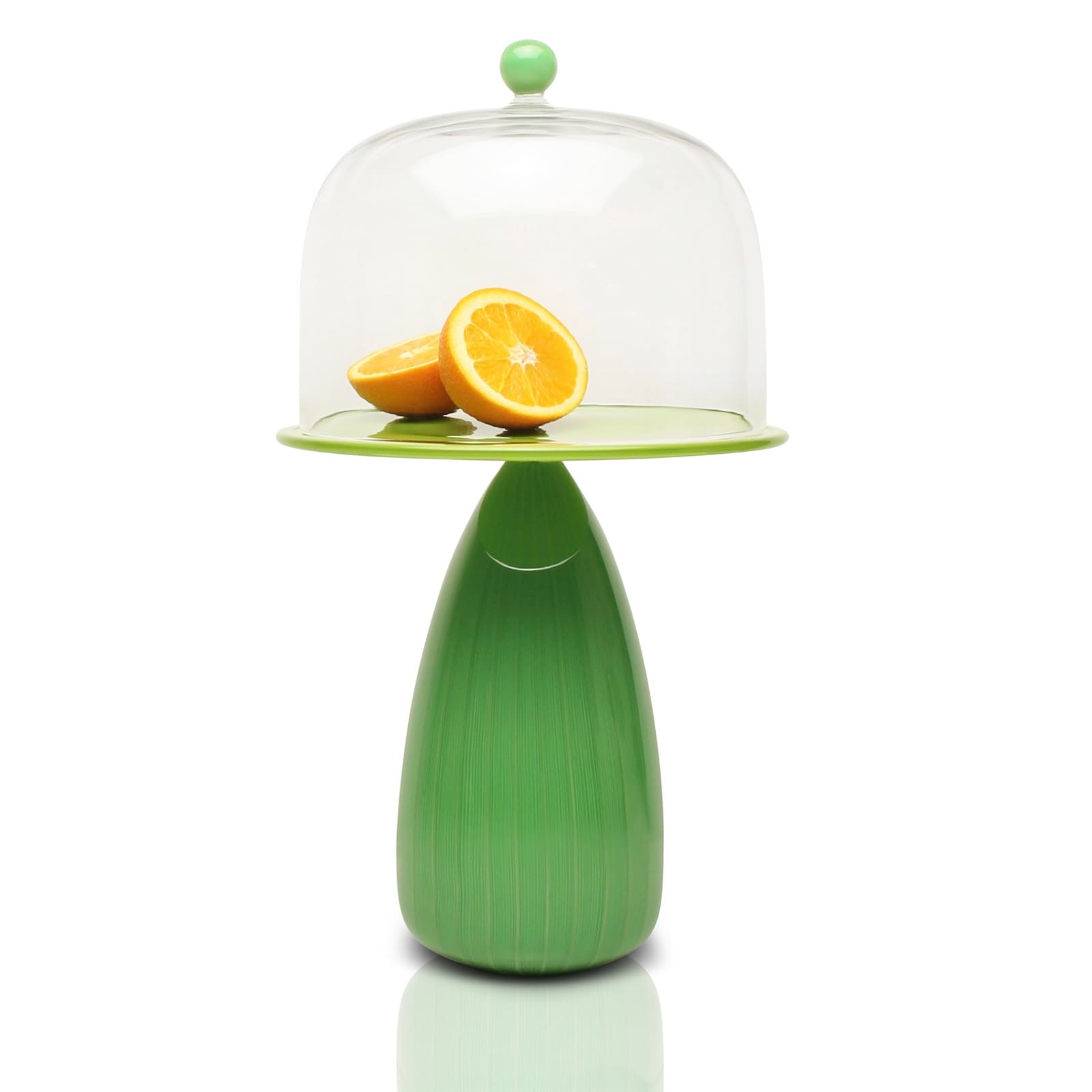
Form + Color
Students will begin working in clear glass focusing on forms such as tumblers, cylinders, bowls, bottles and forms with waists, moving methodically from one shape to the next. Skills learned will then be applied to color applications, such as overlays, basic cane work, and incalmo. Refining skills, working efficiently, improving heat control and surveying basic blowing theories will be covered. Instruction will be personalized building on individual skills, and one-on-one time will be given to help find solutions to common struggles. Course content will include professional practice and with an emphasis on teamwork and collaboration, blowing teams will rotate daily.
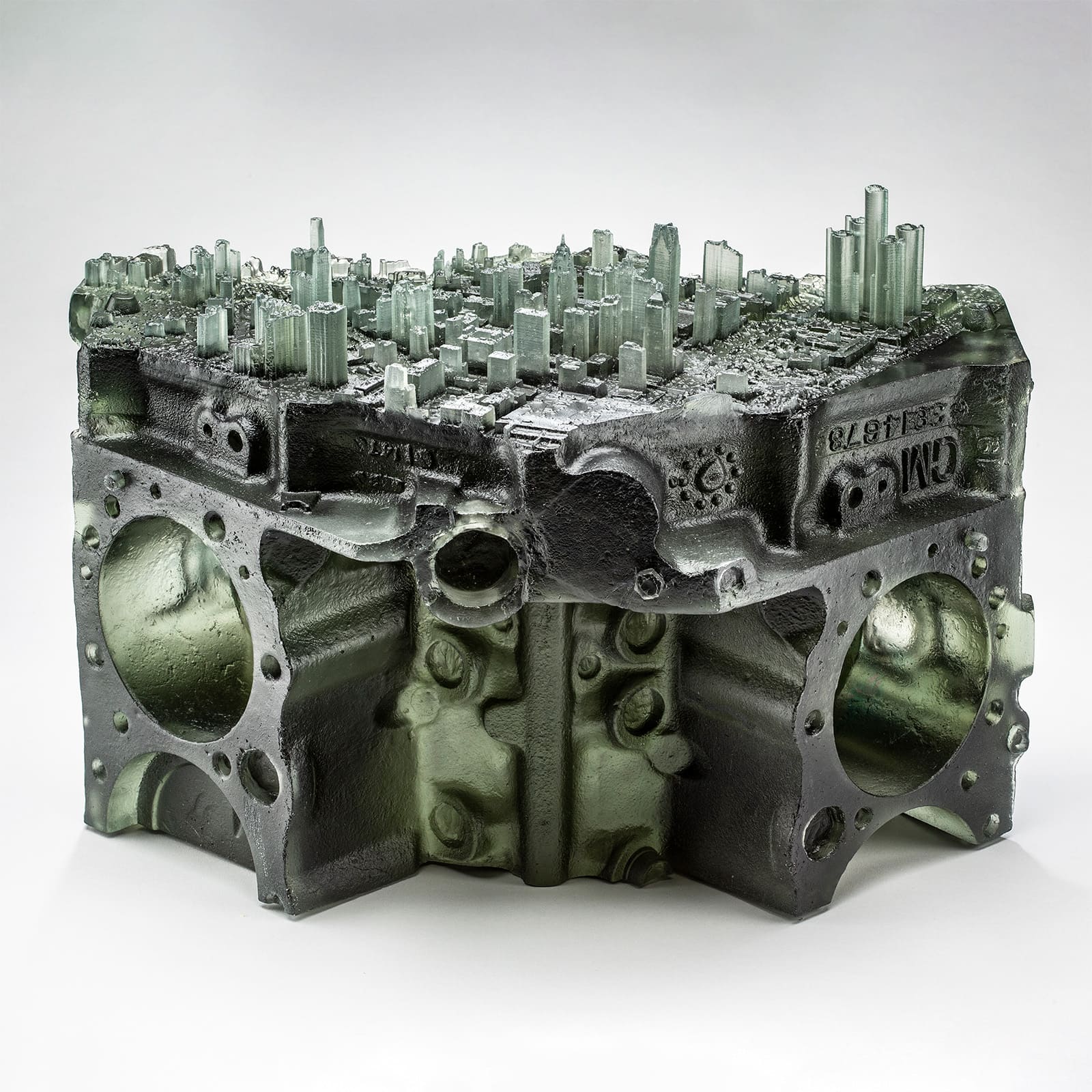
Kiln-casting: Combining Digital and Traditional
Explore the potential of adding 3D computer modeling and printing to a kiln-casting practice. Students will learn to use Rhinoceros 3D modeling software and 3D scanning for approaches to turning 3D prints into kiln-cast glass objects. Software and 3D printing demonstrations will be combined with more traditional lost wax casting, rubber mold making, investment mold making, annealing and kiln-casting discussions, along with cold working, and glass finishing. Experimentation will be essential as students explore possibilities of using glass and technology as tools for research within their own practice. A laptop is required.
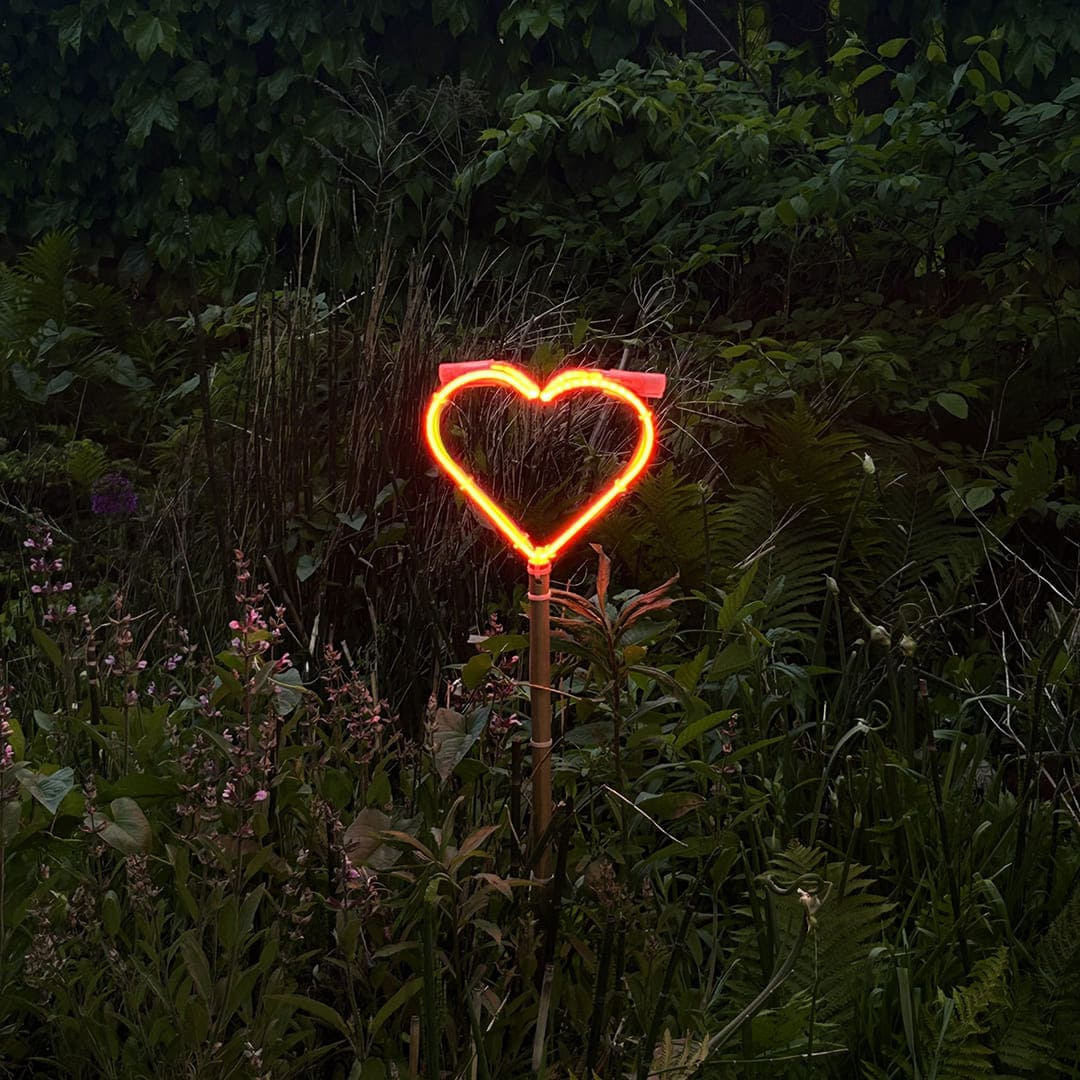
Neon in the Field
Drawing on the histories of social practice and activism, Neon in the Field hybridizes neon fabrication, performance, and found objects to create portable signage that breaks free from the wall and engages with the public field. Participants will learn pattern-making and tube bending, then utilize dead-frames and portable power supplies to construct kinetic light artworks. Participants can expect to leave with two simple neon signs and one battery-powered transformer. Open to all skill levels, this workshop invites everyone to light up the night with their glowing creations.
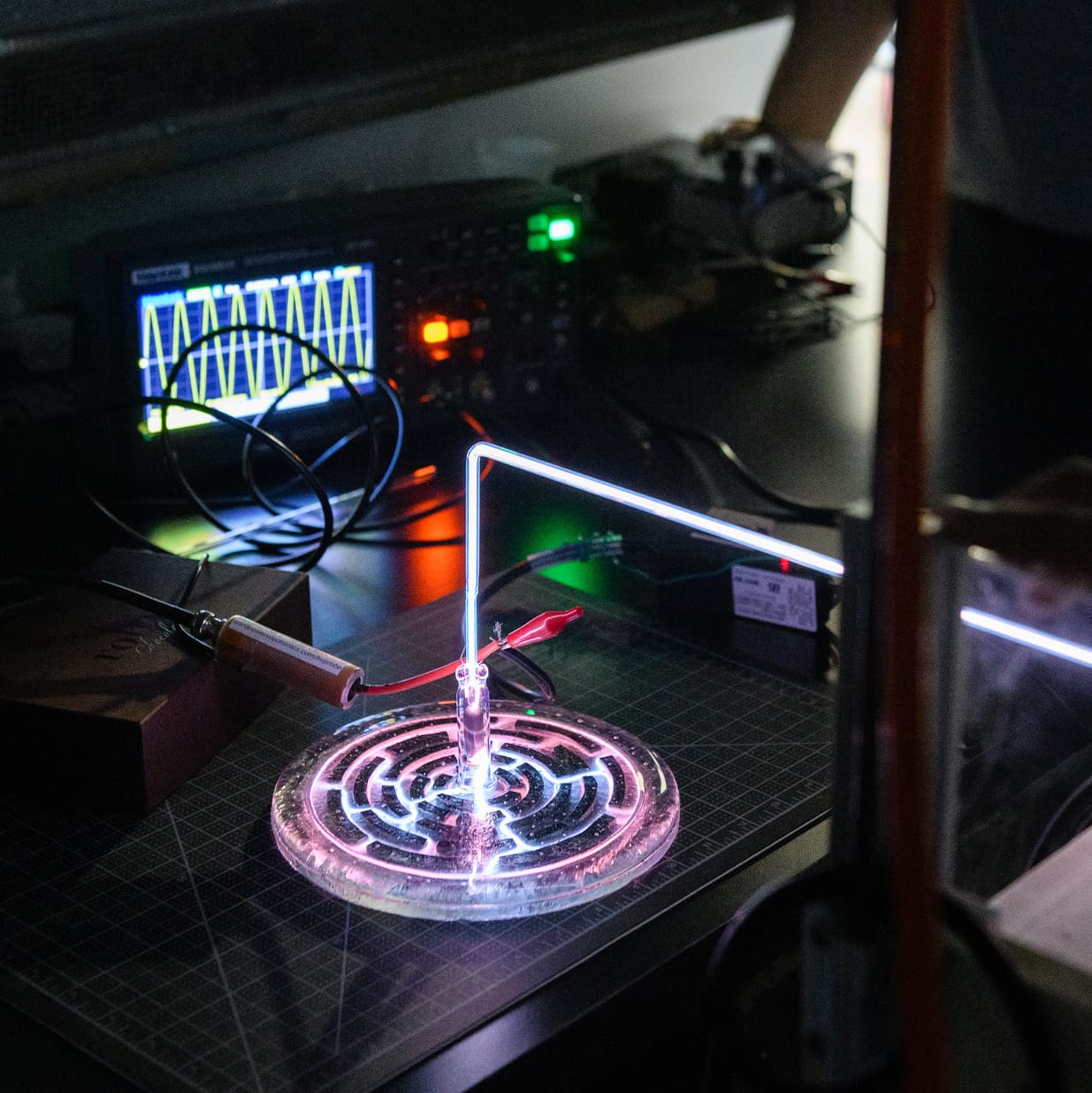
Radiant Horizons
Dive into the fascinating world of plasma by exploring the art of creating plasma panels using fused glass techniques. In our kiln shop sessions, you'll utilize glass design and assembly, shaping the glass with molds or fiber models, and sealing the parts using specialized enamel as a“solder glass” in the kiln. In the neon/plasma shop, you'll learn about the equipment and vacuum techniques, and delve into the nuances of gas pressure and phosphors for color. Discover the key to choosing power supplies and troubleshooting. Join us and unravel the rarely explored path of flat panel plasma design!
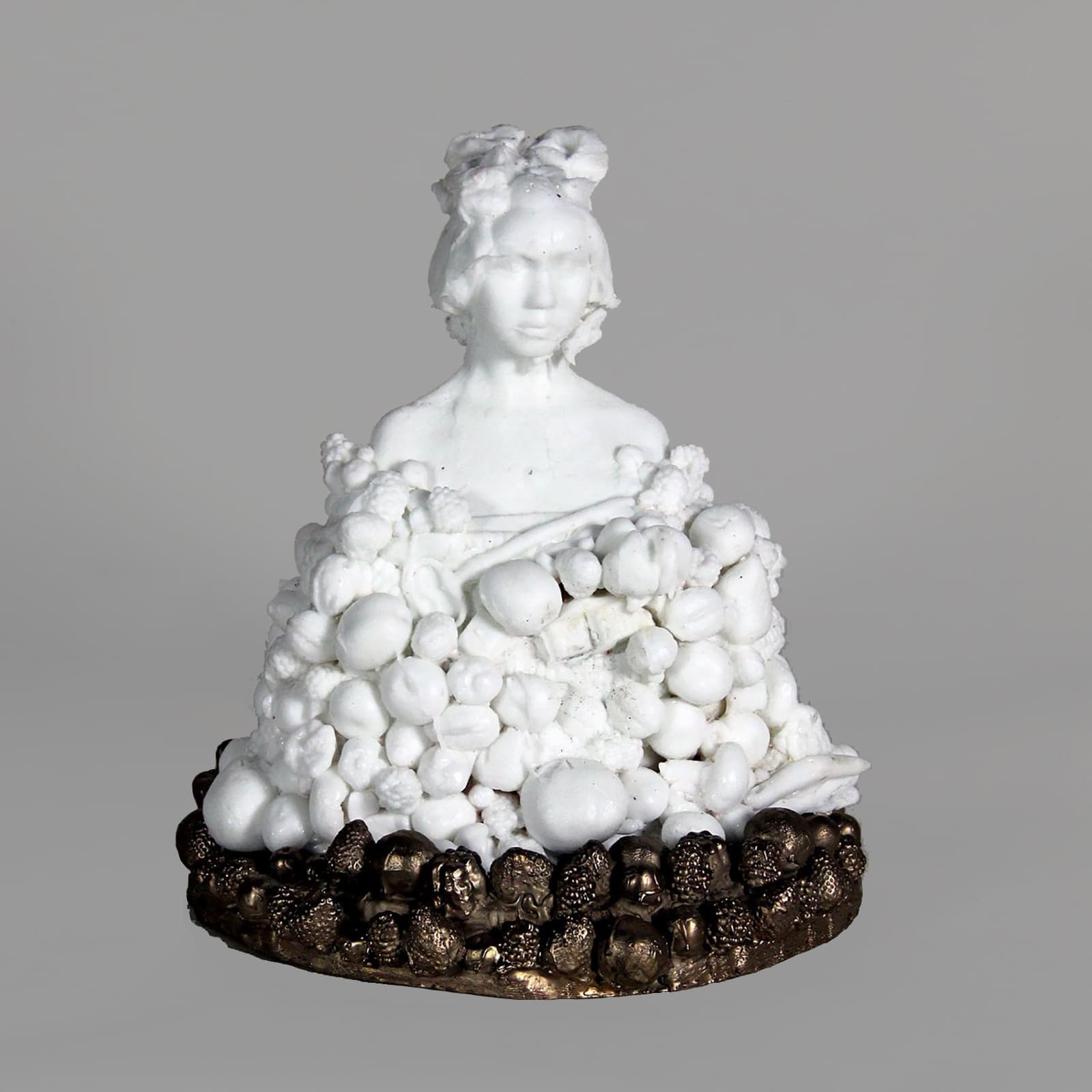
The Magic of Mold-Mix 6: Sculpting Works in Glass and Bronze
This exciting interdisciplinary class will focus on the combination of techniques and materials to explore bringing individual ideas from concept to completed sculptural forms. Using Zircar Mold-Mix 6, students will be directed towards a personal expression through sculpting and casting hot glass, mold blowing forms and casting elements in bronze. This finely applied mold material will allow for reproducing found and hand formed objects as well as creating relief and painted elements as inclusions inside the glass. Traditional lost wax processes combined with sculpting glass will allow the student exciting possibilities in the combination of diverse materials and individual narratives.
